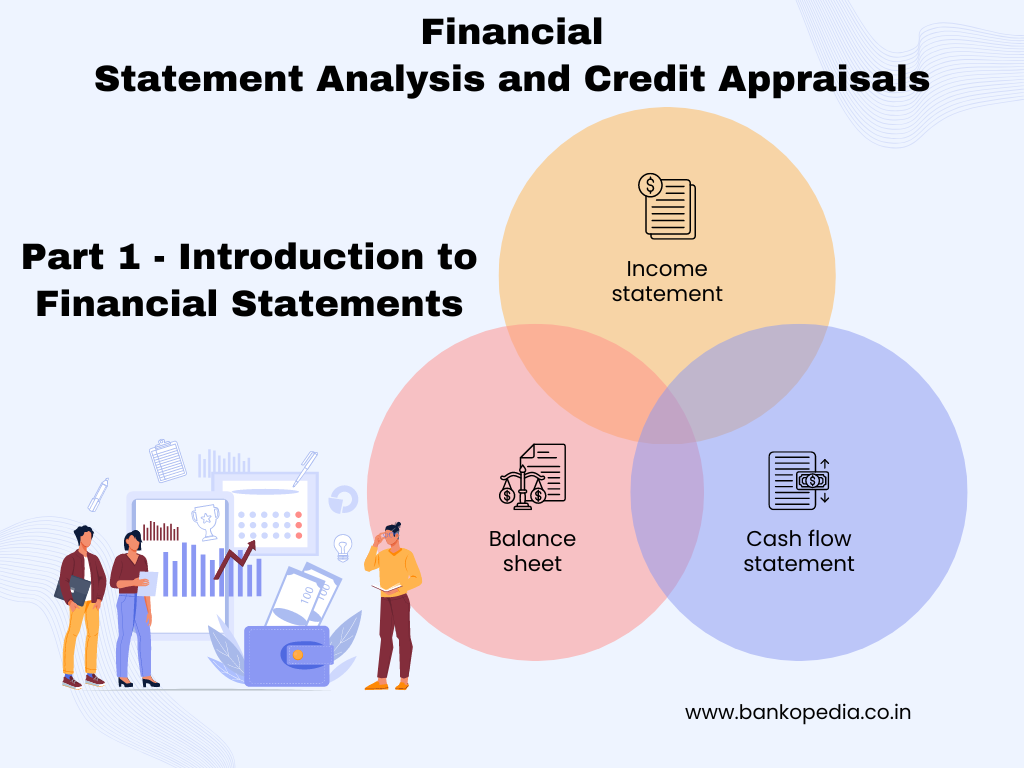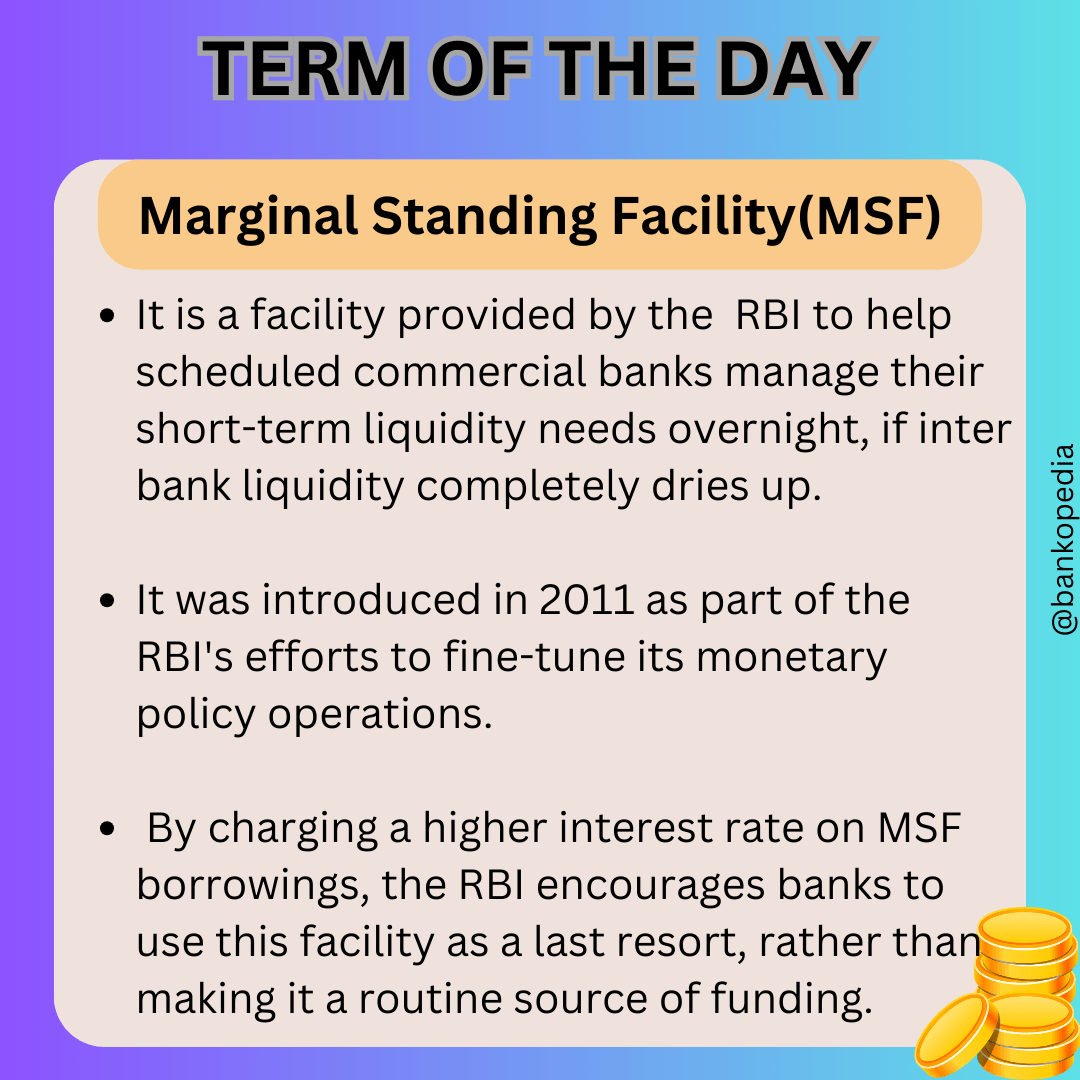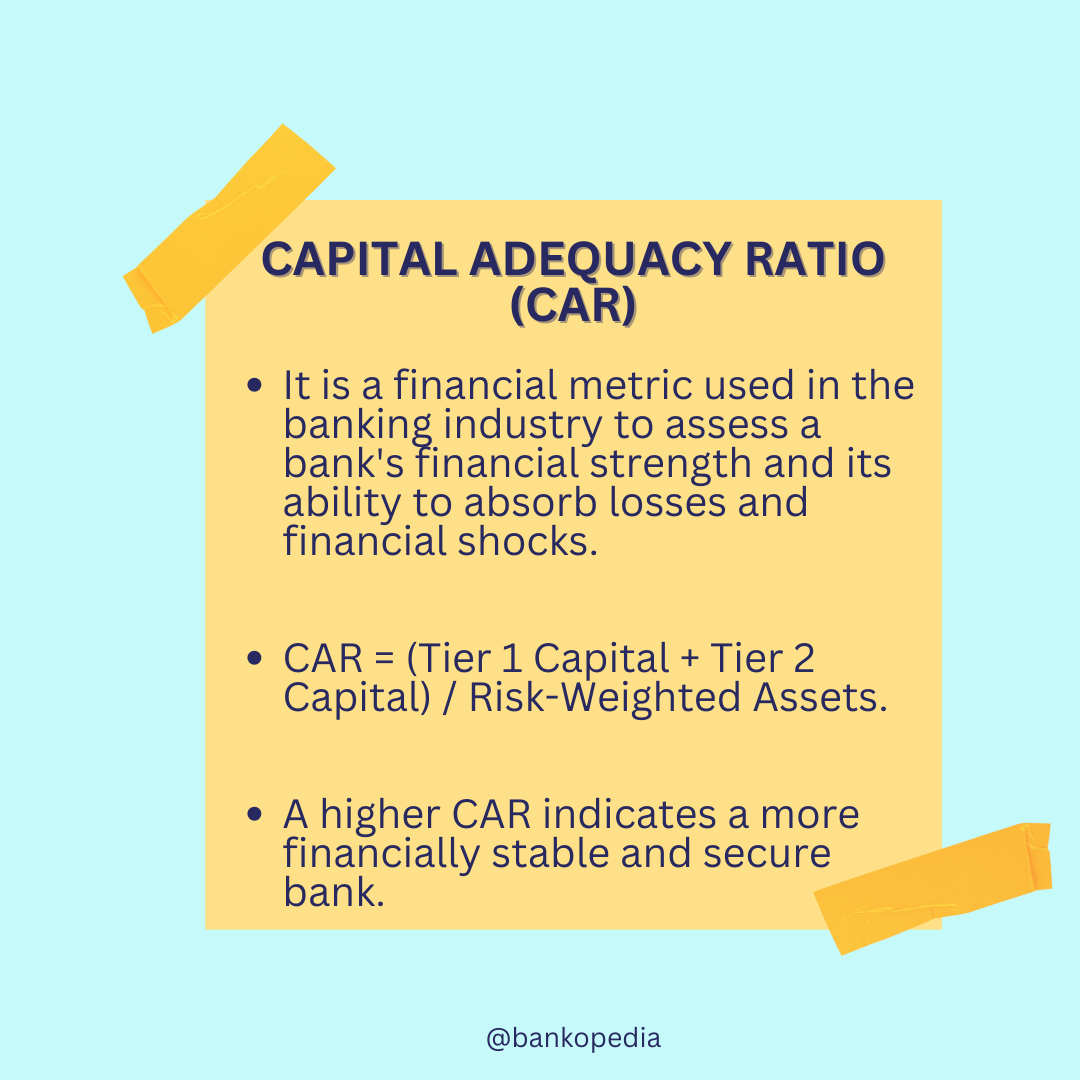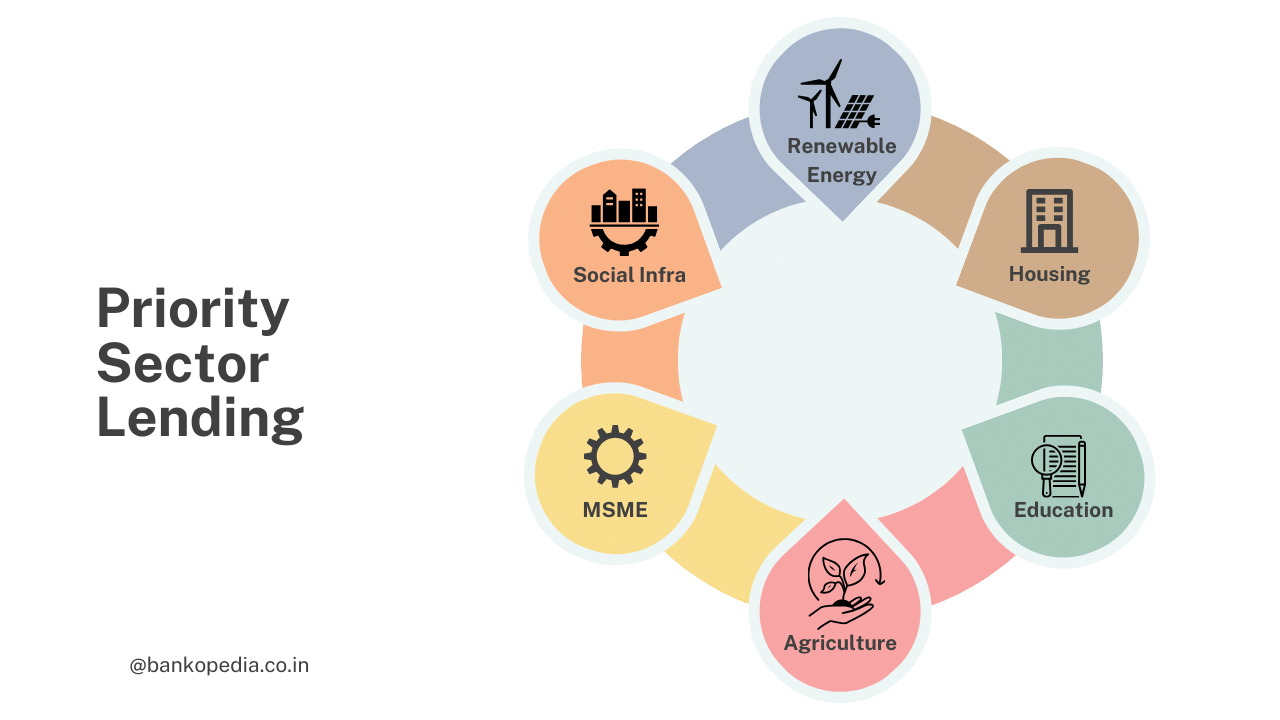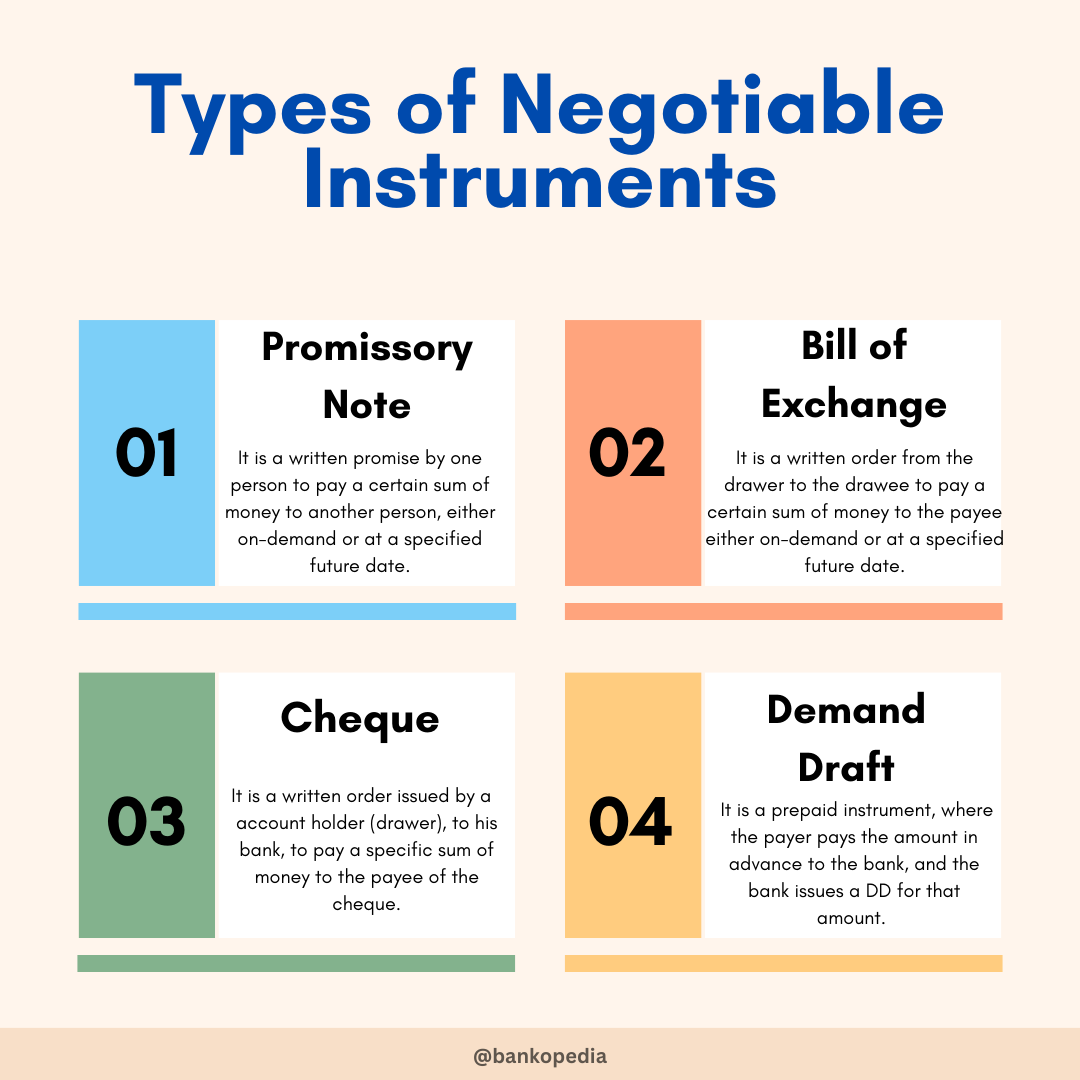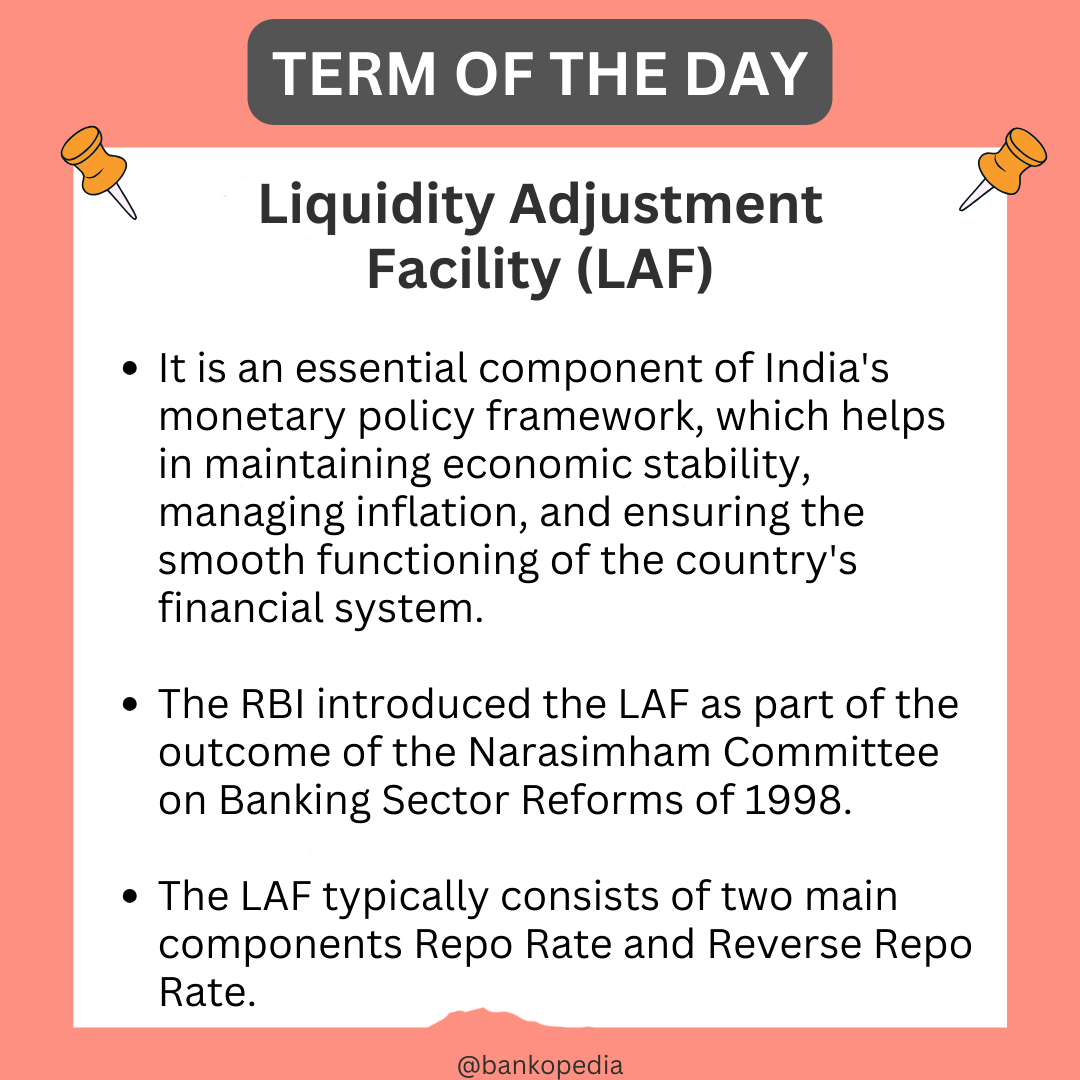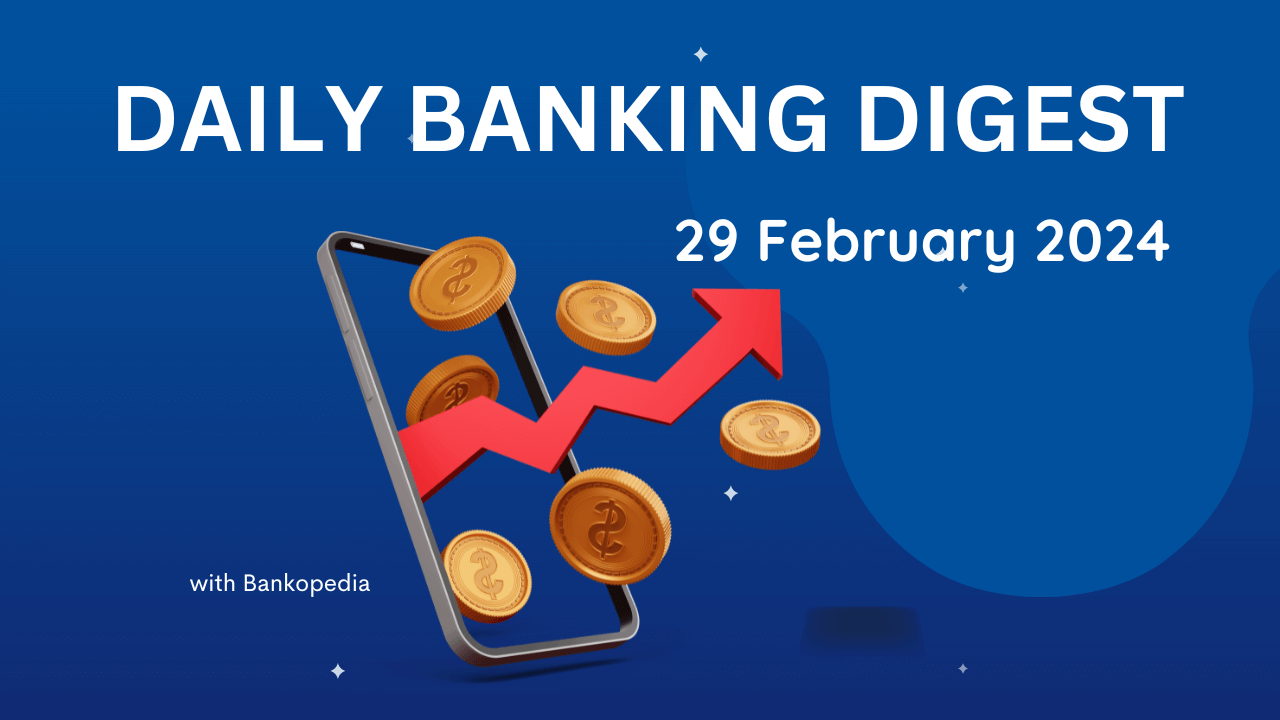Welcome to Daily Banking Digest, your premier source for the latest news and insights on April 22, 2024, focusing on banking, the economy, and finance. Our platform offers a comprehensive overview of the day’s most critical financial stories, market trends, and economic developments. Whether you’re a professional in the financial sector, an investor monitoring market movement, or someone interested in staying informed about the economic landscape, Daily Banking Digest provides reliable, up-to-date information.
Join our Telegram Channel for Daily PDF in your Inbox – Click Here
Table of Contents
Direct Tax Revenue Surges 18% in FY24, Exceeding Estimates
India’s net direct tax collections witnessed a significant surge of 17.7% in the fiscal year 2023-24, reaching ₹19.58 crore. This exceeded both the revised estimates and the budget estimates, indicating economic buoyancy and rising income levels.
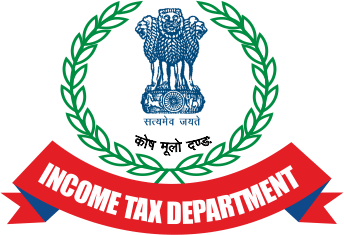
Key Points
Net Direct Tax Collections – Surged by 17.7% to ₹19.58 crore in FY 2023-24. – Exceeded revised estimates by ₹13,000 crore and budget estimates by ₹1.35 lakh crore.
Gross Direct Tax Collections – Rose by 18.48% to ₹23.37 lakh crore in FY 2023-24.
Corporate Tax Collections – Gross corporate tax collection increased by 13.06% to ₹11.32 lakh crore. – Net corporate tax collection grew by 10.26% to ₹9.11 lakh crore.
Personal Income Tax Collections – Gross personal income tax collection, including STT, rose by 24.26% to ₹12.01 lakh crore. – Net personal income tax collection, including STT, increased by 25.23% to ₹10.44 lakh crore.
Refunds – Refunds issued in FY 2023-24 amounted to ₹3.79 lakh crore, a 22.74% increase from the previous year.
Industry Anticipates Enforcement of NPCI’s 30% UPI Market Share Limit
The National Payments Corporation of India (NPCI) has extended the deadline for third-party UPI players to meet its 30% volume cap in digital payment transactions to December 2024. Currently, third-party app providers (TPAPs) like Google Pay and PhonePe dominate the UPI market with an 85% share. NPCI is expected to implement measures to minimize concentration risk, such as restricting on-boarding of new customers for TPAPs with market shares exceeding 30%.
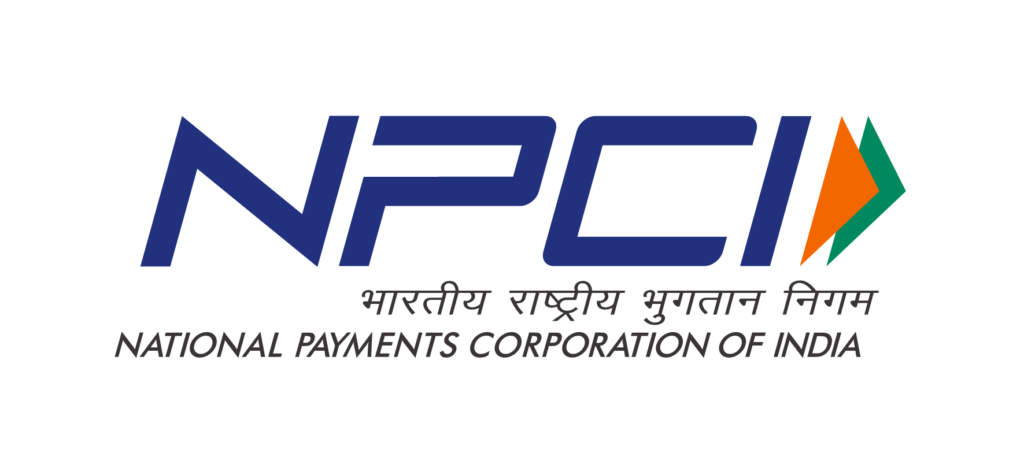
Key Points:
Extended Deadline: – NPCI extended the deadline for TPAPs to meet the 30% UPI market ceiling by two years to December 2024.
Current Market Share: – TPAPs like Google Pay and PhonePe currently hold an 85% share in UPI-based transactions.
Concentration Risk: – NPCI aims to reduce concentration risk by implementing measures to limit the dominance of a few players.
Implementation Options: – One option is to stop on-boarding new customers for TPAPs with market shares above 30%.
Phased Implementation: – The implementation of measures is expected to be phased to minimize disruption for users.
Clarity from NPCI: – NPCI is expected to provide clarity on implementation details in the coming months.
Benefits of Market Equilibrium: – NPCI emphasizes the need for other players to scale up their outreach to achieve market equilibrium.
RBI Directs Tata Sons to Separate Bank Loans from Lending to Group Companies
Tata Sons has reportedly reached an agreement with the Reserve Bank of India (RBI) to avoid mandatory listing and NBFC-UL classification. The solution involves delinking the “on-lending” tag on Tata Sons’ bank borrowings, which would require the company to fully repay its bank loans within 12-18 months.

Key Points:
Problem with On-Lending: – Banks are concerned about the end use of loans and the quality of collaterals. – Tata Sons’ loans are primarily used to support group companies, which may not have access to bank borrowings at favorable rates. – This practice leads to layers of debt and asset-liability mismatches, posing systemic risks.
Remedial Steps: – Tata Sons has sold a stake in TCS to reduce its loan outstanding. – The company has sought time to unwind its bank loans and delink the “on-lending” tag. – Reorganizing debt and ceding control could help Tata Sons avoid NBFC-UL regulations.
NBFC-UL Classification: – In October 2022, Tata Sons was classified as NBFC-UL due to its exposure to bank loans and inter-corporate advances. – This classification subjected Tata Sons to stricter regulations.
Corporate Social Responsibility (CSR) Initiatives: Catalyzing Sustainable Agriculture and Rural Transformation
Corporate Social Responsibility (CSR) initiatives are crucial for the development of the agricultural sector in India, which contributes significantly to the rural economy. CSR can foster sustainable practices, uplift rural communities, ensure food security, and mitigate environmental challenges. By providing access to technology, supporting smallholder farmers, and investing in rural development, companies can contribute to the long-term success of the agricultural sector and their own businesses.
Key Points:
CSR in the Agricultural Sector:
- CSR is essential for sustainable and inclusive agricultural practices.
- It can introduce technology, support smallholder farmers, promote biodiversity, and invest in rural development.
Challenges Faced by Farmers:
- Lack of essential farming equipment, crop damage, and limited access to financing hinder farmers’ growth.
- Climate change poses additional challenges, leading to crop failures and financial instability.
Benefits of CSR for Farmers:
- Empowers farmers with access to resources and knowledge.
- Improves yields, enhances incomes, and provides resilience against environmental challenges.
- Facilitates market linkages and value chain integration for fair prices.
Technologies for Sustainable Farming:
- Precision agriculture using sensors, drones, and data analytics optimizes farming practices.
- Renewable energy sources reduce reliance on fossil fuels and promote sustainability.
- Biotechnology and GMOs enhance crop resistance to pests and environmental stressors.
Outlook for the Future:
- India’s agricultural sector has the potential to contribute significantly to GDP.
- Proper training and technology empowerment are crucial for sustainability.
- A strategic blend of entrepreneurial foresight, holistic approaches, and incentives is needed to address challenges and opportunities.
HDFC Bank’s Rs 1,500 Crore Ex-Gratia: A Token of Gratitude for Employee Dedication
HDFC Bank announced an ex-gratia payment of Rs 1,500 crore to its employees as a gesture of appreciation for their dedication during the merger with HDFC Ltd and to address attrition. The bank reported a 37.1% growth in net profit in Q4FY24, boosted by a one-time gain from selling a majority stake in HDFC Credila. The bank also made floating provisions of Rs 10,900 crore, which nullified the impact of the stake sale gain.
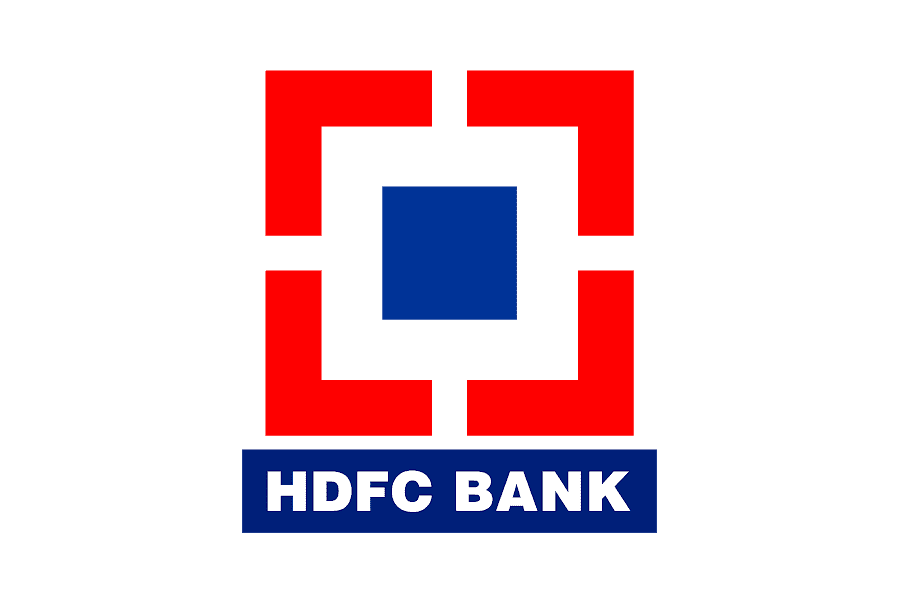
Key Points:
Ex-Gratia Payment: – HDFC Bank announced an ex-gratia payment of Rs 1,500 crore to its employees. – The payment is a gesture of appreciation for their dedication during the merger with HDFC Ltd and to address attrition. – The expense is not recurring in nature.
Q4 Performance: – HDFC Bank reported a 37.1% growth in net profit in Q4FY24. – The growth was boosted by a one-time gain from selling a majority stake in HDFC Credila. – The bank made floating provisions of Rs 10,900 crore, which nullified the impact of the stake sale gain.
Deposit Mobilization: – HDFC Bank mobilized Rs 1.66 trillion in deposits in Q4FY24. – Retail deposits accounted for Rs 1.29 trillion of the total. – The bank gained market share in deposits in the fourth quarter.
Liquidity Improvements: – The deposit mobilization helped the bank lower its credit-to-deposit ratio to around 105% and liquidity coverage ratio to 115% as of March end. – Both ratios were at 110% in December.
Priority Sector Targets: – HDFC Bank said meeting priority sector targets, particularly for small and marginal farmers and economically weaker sections, will not be easy. – The bank will look at inorganic opportunities to meet the targets.
Bond Issuance: – HDFC Bank’s board approved the annual renewal of bond issuance, totaling up to Rs 60,000 crore over the next twelve months through private placement. – The bank intends to raise funds through Long-Term Bonds for Infrastructure and Affordable Housing, Perpetual Debt Instruments, and Tier-II Capital Bonds.
RIL Q4 Outlook: Revenue and EBITDA Growth Expected Amidst Potential Profit Decline
Reliance Industries Ltd (RIL) is anticipated to report strong financial results for the quarter ending March 2024, driven by robust performance in its oil-to-chemicals (O2C) business and growth in its consumer-facing segments, Jio and retail. The company’s revenue is projected to increase by up to 12% year-over-year, while its consolidated EBITDA is expected to rise by 9% year-over-year. However, net profit may decline by up to 7% year-over-year.

Key Points:
Revenue: – Revenue from operations is expected to grow up to 12% year-on-year.
EBITDA: – Consolidated EBITDA is projected to increase by 3% sequentially and 9% year-on-year to Rs 41,900 crore.
Net Profit: – Net profit is likely to drop up to 7% year-on-year, but rise by 2% quarter-on-quarter.
Retail Business: – Retail EBITDA is expected to grow by 28% year-on-year due to increased footfalls.
Telecom Business (Jio): – Jio’s EBITDA is projected to surge by 13% year-on-year.
O2C Business: – O2C EBITDA is estimated to increase by 11% quarter-on-quarter, driven by strong refining margins.
Upstream Business: – Upstream EBITDA is expected to decline by 4% quarter-on-quarter due to higher operating expenses.
Dividend: – The Board will consider approving a dividend for FY24.
RBI Directs Payment Firms to Enhance Transaction Monitoring for Fraud Prevention
The Reserve Bank of India (RBI) has instructed regulated payment companies to monitor high-value and suspicious transactions during the general elections to prevent potential misuse of electronic fund transfer mechanisms for electoral influence.
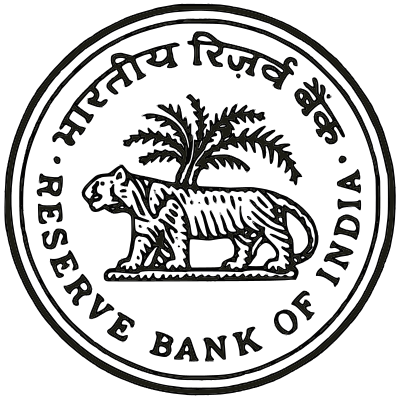
Key Points:
- Tracking High-Value Transactions:
- Payment companies are required to track high-value merchant payments and recurring person-to-person payments.
- Monitoring Suspicious Transactions:
- Companies must identify and report dubious transactions to relevant authorities.
- Concerns from Election Commission:
- The RBI’s directive is based on concerns raised by the Election Commission of India.
- Historical Cash Monitoring:
- The RBI has traditionally monitored cash movement during elections.
- Digital Payment Monitoring:
- This is the first time the RBI has specifically instructed payment companies to track digital payment activity.
- Wide-Scale Digital Adoption:
- The regulator is concerned about the potential for electoral influence through digital payment channels such as UPI and card payments.
ITAT Dismisses HSBC Geneva Leak Data as Outdated, Precluding Taxation of Bank Balances
The Income Tax Appellate Tribunal (ITAT) has ruled that the Income-Tax (I-T) department cannot reopen old matters to tax the peak balance in HSBC Geneva accounts because a bank balance reflects assets, not income. This decision could impact other HSBC account cases and raises questions about the authenticity of the “base note” document used by I-T sleuths.

Key Points:
Reopening of Old Matters: – I-T department cannot go back 16 years to reopen old matters to tax peak balance in HSBC accounts. – Under the old law, the department could go back up to six years for undisclosed local income and up to 16 years for overseas income. – The 16-year provision no longer exists in the law.
Taxation of Assets vs. Income: – Bank balance reflects assets, not income. – Under the law, only income can be taxed.
Question over ‘Base Note’: – ITAT questioned the authenticity of the “base note” document used by I-T sleuths. – The base note does not bear the name of the stamp, bank name, or letterhead. – It gives no reason why the amount in an offshore bank should be taxed in India.
ITAT’s Interpretation of Section 149: – Income from HSBC Geneva accounts has neither accrued nor arisen in India. – No part of the income has been received or deemed to be received in India.
Evidentiary Value of ‘Base Note’: – The evidentiary value of the “base note” has been in question since 2011. – The ITAT ruling holds that the reassessment proceedings could not have been initiated based solely on the base note.
Structure of Foreign Accounts: – In some cases, foreign accounts were structured through offshore trusts and companies in tax havens. – There is no evidence that the assessee in this case used such a structure.
Government Extends PMSBY Claims Deadline for Informal Sector Workers
The Indian government is considering extending the deadline for unorganized sector workers to claim insurance coverage under the Pradhan Mantri Suraksha Bima Yojana (PMSBY). The deadline for filing claims under the facility, which allows workers registered on the e-Shram portal between August 2021 and March 2022 to avail insurance cover, expired last month. The government is considering the extension due to low claim filings and the need to provide relief to workers who faced hardships during the COVID-19 pandemic.

Key Points:
Extension of Deadline: – The government is considering extending the deadline for unorganized sector workers to claim insurance coverage under PMSBY.
Low Claim Filings: – The number of claims filed under the facility has been low across the country.
Lack of Nodal Officers: – Many states have yet to appoint nodal officers to process claims.
Unawareness of Facility: – Many people are still unaware of the facility.
Objective of e-Shram Portal: – The e-Shram portal aims to create a national database of unorganized sector workers.
Benefits Provided: – The facility provides ex-gratia payments of Rs 200,000 for death or severe accident and Rs 100,000 for accident.
Government Measures: – The government is working on measures to provide benefits to unorganized sector workers registered on e-Shram, including integrating different portals.
Government Initiates Advancements for Enhanced World Bank Business Index
The World Bank is replacing its Ease of Doing Business Index with a new report called Business Ready (B-READY). India is preparing to participate in the B-READY survey later this year, with the report scheduled for release in 2026. The B-READY report will assess the business environment and investment climate in economies worldwide, focusing on regulatory frameworks, public services, and their implementation.
Key Points:
1. B-READY Report: – The World Bank’s new flagship report benchmarking the business environment and investment climate. – Assesses regulatory frameworks, public services, and their efficiency in practice. – First report scheduled for launch on September 25.
2. India’s Participation: – India’s business environment report will be published in 2026. – Survey to commence later this year. – Department for Promotion of Industry and Internal Trade (DPIIT) is the nodal agency.
3. Methodology: – B-READY questionnaire with 1,300 questions. – Various ministries allocated questions based on the methodology. – Focus on implementation of laws impacting business proliferation.
4. Capital-Intensive Ministries: – Expected to provide data on easing business activities through infrastructure and allied services.
5. Business Reforms Action Plan: – Centre plans to incorporate B-READY-related indices into the Business Reforms Action Plan for states.
6. World Bank’s Shift: – B-READY examines the private sector as a whole, considering benefits to workers and the environment. – Focus on regulatory quality and public services. – Expanded number of firms covered for case studies.
Payments Banks Seek Expanded Role with Lending License Amidst Financial Challenges
Payments banks in India are expected to soon gain the authority to offer small-ticket loans, as per industry sources. This move aims to enhance their margins and prevent potential closures. The RBI has been in discussions with the industry regarding lending rights, and the change in regulations is anticipated.
Key Points:
Current Restrictions: – Payments banks are currently prohibited from offering loans to customers.
Industry Demand: – Payments banks have been seeking lending rights to improve their margins.
Potential Benefits: – Lending would allow payments banks to provide a wider range of services to customers. – It would enhance customer convenience by enabling both withdrawals and loans from the same place.
Sustainability and Stability: – Lending would ensure the sustainability and stability of the payments bank model. – Payments banks have access to customer data linked to digital activity, which can support secure lending practices.
Financial Impact: – Offering small loans would improve the net interest margins of payments banks. – It would create a more sustainable business model by reducing reliance on low-yield investments.
Technology Costs: – Technology is a significant expense for payments banks. – Lending would provide an additional revenue stream to offset these costs.
Industry Concerns: – Some payments banks fear closure under the current model without lending rights. – The RBI has not yet responded to queries regarding the potential change in lending norms.

